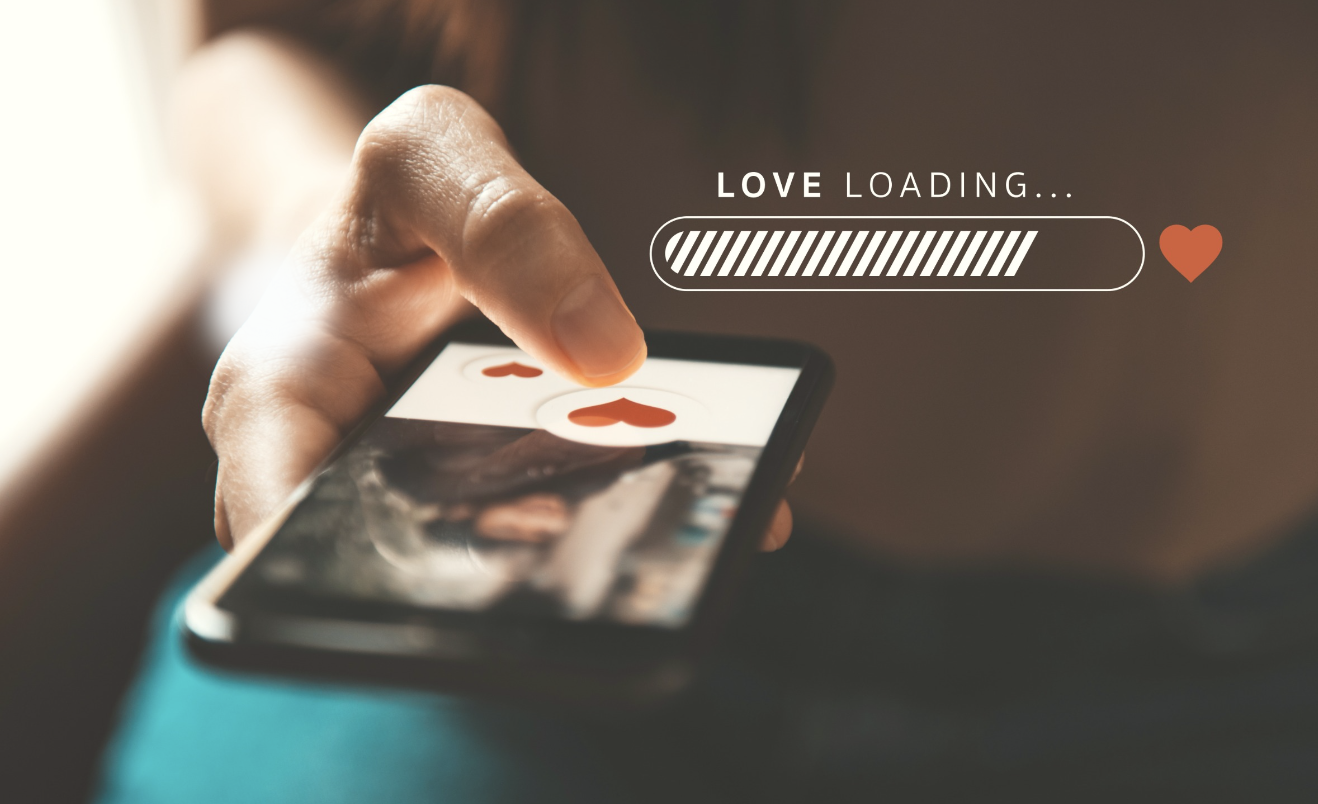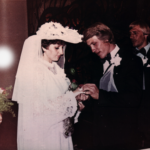A couple of years ago, I had a vision for the kind of relationship I wanted: I wanted to be loved and accepted for being my whole self, feel safe and have a conscious partnership where we would grow as individuals and grow together through this adventure called life. I craved a solid foundation of trust and an exciting level of passion. I knew it wouldn’t be all rainbows and butterflies, but I wanted to meet someone who would be willing to put in the work to nurture our connection through highs and lows — so I did a dating experiment.
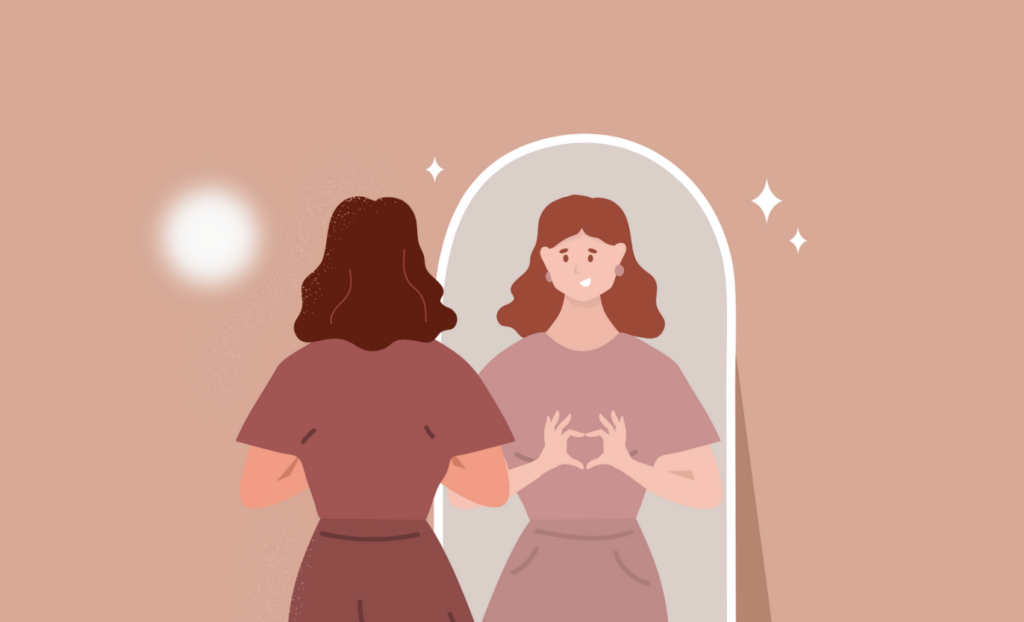
In order to create something different in my love life, I had to do things differently. My dating history has included a lot of positivity, but also a lot of scarring and disappointment too. To drastically switch things up, my dating experiment involved cultivating my relationship with myself first, being unapologetically authentic instead of trying to get people to like me or following dating rules, and fostering secure attachment.
I met and developed my relationship with my now-fiancé through these principles, so you could say that it worked really, really well.
I Did a Dating Experiment, These 4 Things Happened
1. I Held The Faith
It’s not easy to believe that things will work out for you when you’ve experienced heartbreak. It’s also so easy to harbor feelings of doubt, unworthiness, and resentment. But those feelings and lack of belief are not your friends when it comes to getting the love that you want. It’s a self-fulfilling prophecy: If you don’t believe it’s possible to have a healthy, deeply fulfilling relationship, if you don’t think you are worthy of it deep down, or if you don’t feel safe having it because of past trauma such as fearing abandonment, you’re going to inevitably create more of that.
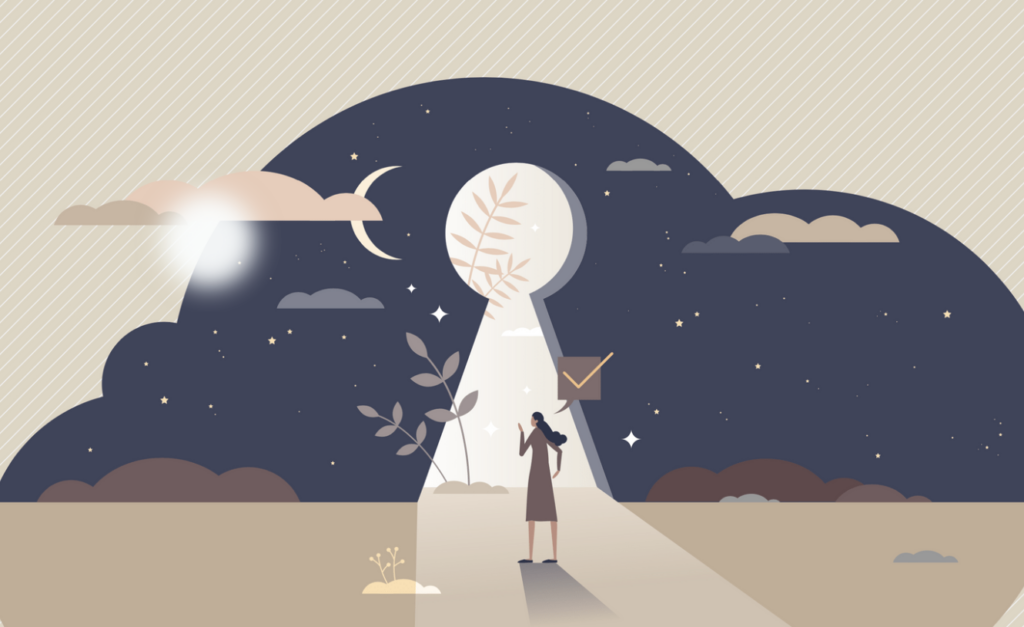
On the other hand, uplifting and grounding yourself in the beliefs that your past doesn’t dictate your future, that you are worthy of love despite any perceived shortcomings or flaws, and that it’s never too late for you, is a self-fulfilling prophecy too.
For those reasons, my experiment involved reminding myself over and over again to hold the faith in my vision, even when nothing was happening or things were not going that well (think, messy flings that you cringe about in hindsight.) I journaled, I read books, I worked with coaches and I worked on maintaining a positive mindset through it all while learning and growing.
2. I Focused on Growth
This brings me to the next important pillar of my experiment: Focusing on growth. Holding yourself to impossible standards and beating yourself up for not doing things perfectly is not synonymous with self-love. And you know what they say…you can’t love others until you learn to love yourself.
On the other hand, being passive won’t get you anywhere either. It’s important to be proactive about any transformation you want to bring about in your life. Aiming for growth and progress over perfection is the perfect balance of giving yourself grace and striving to become someone who can relate with others healthily.
No, you’re not bound to be alone because you said the “wrong” thing in a text. But yes, you should maybe look into why you’re so obsessed about the amount of time it takes a romantic partner to reply to your message.
3. I Cultivated My Relationship with Myself
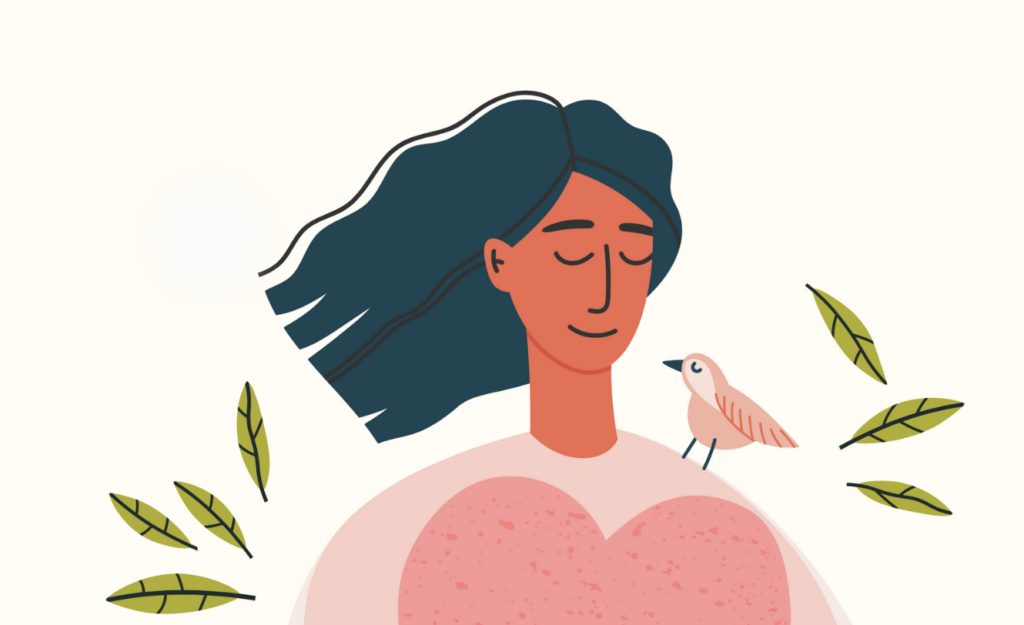
Speaking of which, cultivating my relationship with myself was absolutely crucial on the journey to meeting Dan, my partner. If you’re wondering what that means, it starts with understanding what drives your behavior.
Why does communicating in relationships feel as daunting as climbing Mount Everest? Why are you only attracted to unavailable people? Hint: It probably has to do with your past and your childhood. Getting professional help can be so valuable for unpacking all of this in a safe, productive space.
Cultivating your relationship with yourself is also about understanding what you are looking for and how different situations make you feel. Maybe you loved how outgoing one of your dates was, but being in a long-distance relationship is a dealbreaker for you.
As I focused on growing and learning more about myself, I used dating as a platform to explore and put some learnings into practice.
4. I Put Authenticity First
When you know yourself, you can be authentic. In other words, you won’t alter your personality to be chosen by others. Your decisions will be based on your own inner guidance – not three-date rules.
Being authentic while meeting potential partners was important to me because I wanted to be loved for who I truly was. And how could I do that without showing who I was first? On my first date with Dan, I spent over an hour talking about my passion for organizational change and leadership. It turns out, he was into it.
However, being authentic can sometimes be challenging when expressing your needs in a relationship.
“I find that a lot of my clients as children weren’t allowed to express their needs. Their needs weren’t important. Maybe there was a dominant parent or an unhealthy parent where it was all about them,” shares Susan Trombetti, matchmaker and CEO of Exclusive Matchmaking.
“Some people learn not to even recognize their own feelings especially when they had a parent that needed to be the center of attention or a sibling that was ill or had major behavioral problems that took all the focus from them. Some people are just very passive. Learning your needs and expressing them is the most important thing when finding the right relationship.”
Even though it was difficult for me to find my voice (or keep my voice from shaking when I expressed myself) I pushed through the discomfort and spoke up knowing it was important for our relationship.
5. I Fostered a Secure Attachment style
Attachment theory is a framework first pioneered by British psychologist John Bowlby. “Attachment styles are developed early in life and provide insight into how someone relates to others, communicates, and manages intimate relationships,” says E.L. Forestal, founder of FindBlackTherapist.
There are four attachment styles: secure, anxious, avoidant, and disorganized – anxious, avoidant and disorganized fall into the insecure attachment category. Secure attachment is what you want to strive for. “Individuals with a secure attachment style tend to have healthier relationships characterized by trust, communication, and intimacy,” according to Forestal.

Since this didn’t come naturally to me, I worked with a therapist. And while engaging with Dan in our budding relationship, I always asked myself this question: how would a securely attached person act and react?
We are still navigating this together, but I am happy to say, I have found someone willing to do so with me.

